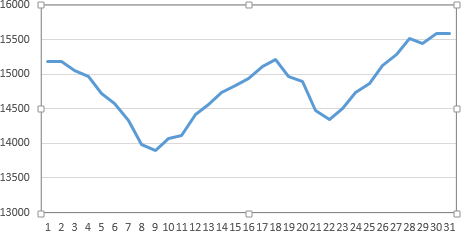I have to decode a proprietary file format which mainly contains time series data. The only thing I was told was that the content is 'zipped', although I am not sure whether it is really zipped or some in-house compression method is used. Here is a snippet of the data:
789cecdd55d895d5bb057c26489774a7ac798f713feffbd2dd255d4a2b29
082220a1d24887020648194883747788a4840828024a4a238d347c13beef
60afb5f777fcac83e7372efedb8d27e3bae635e386d7b592c5cb9f375ebc
93f1e2c543bc4b09dac5eb302c7f3c5303a910835d32c2f6b579a41bc633
ab66d2945a4c47e95d36e52db44246647789178832c6b03792a0a574b2bb
b493d194a3f81b9fb3bf1ed734de70adcacdf2a5ac922228122c5f9431ed
I did a [byte] frequency analysis and it shows a uniform distribution. If the bytes are plot (with A.X.E.), a very homogeneous image is shown:
I've checked for the header of common compression algorithms but found none of them.
Any help is highly appreciated.
EDIT
Some of these file can be accessed on the following links: First file, Second file, Third file, Forth file
The executable which produced/validated these files is not available.
EDIT 2
Using binwalk -Me <filename> (github.com/devttys0/binwalk) it is possible to extract two zlib-ed files from each of the previous files.
Here's the header of one of the files:
0a002f220000180100002800e80364001f783c0001a0349c3574367136db
3582348932bb30dd30a12f2b2f542ff02e432f432ff62edd2f772f6a2f2e
2fbc2edb2d382dcc2cfe2c272d492d342d1d2d352d352d00000000000000
000000000000000000000000000000000000000000000000000000000000
000000000000000000000000000000000000000000000000000000000000
000000000000000000000000000000000000000000000000000000000000
000000000000000000000000000000000000000000000000000000000000

